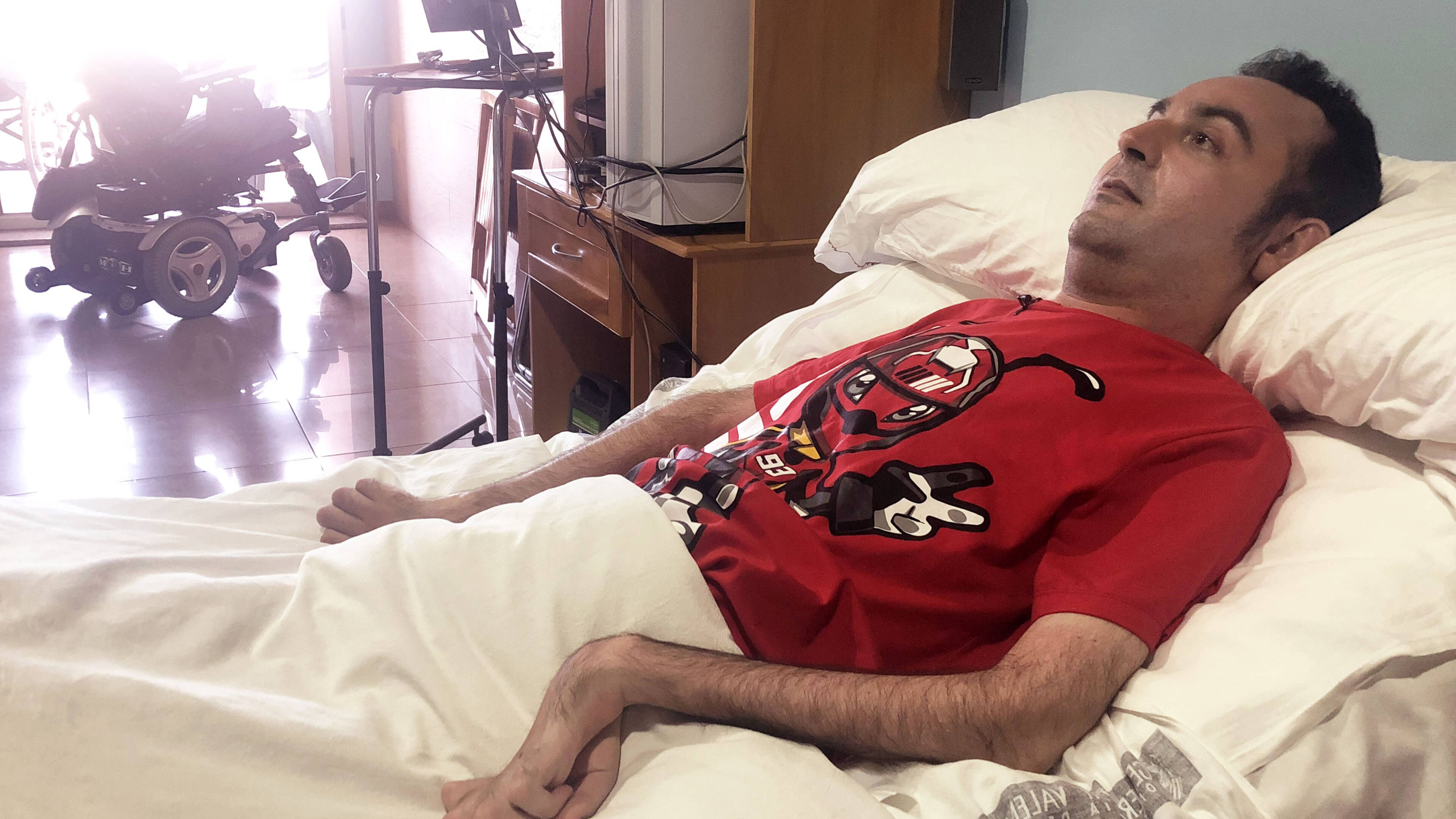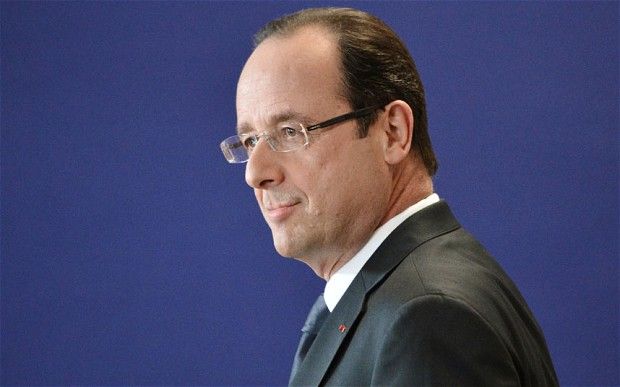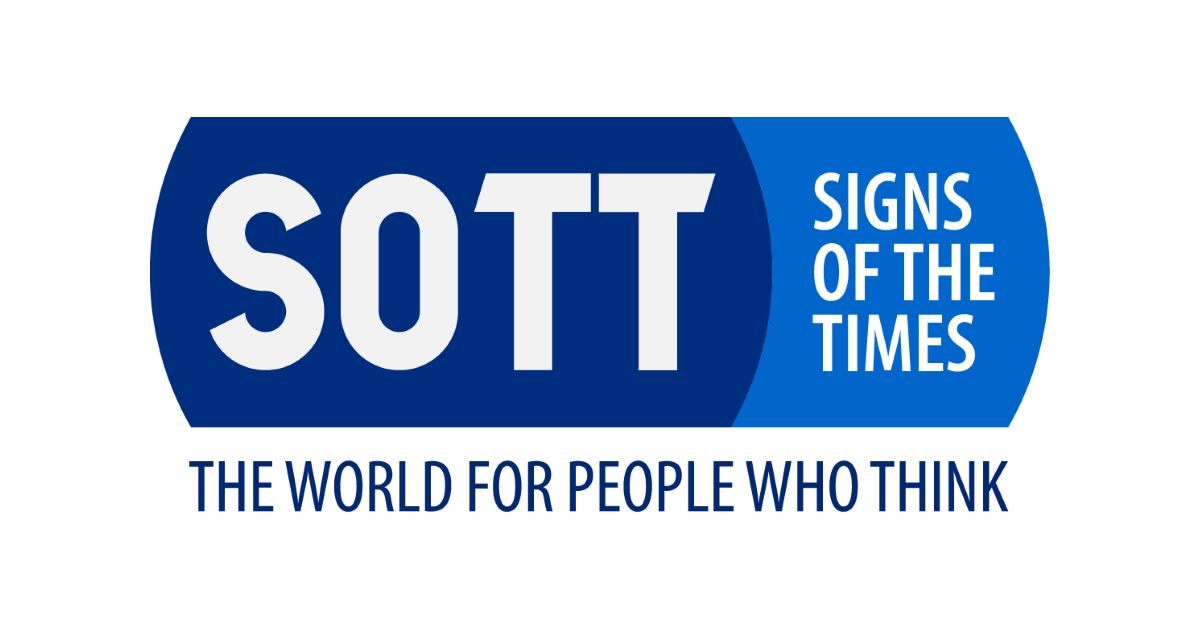Palinurus
The Living Force
Source (Dutch only): De nieuwe euthanasiecode geeft artsen meer vrijheid, maar ook extra druk
Coffee euthanasia
The new euthanasia code gives doctors more freedom, but also extra pressure
The new euthanasia code gives doctors a large professional role, but also makes it more difficult for doctors with objections.
Marten van de Wier - November 25, 2020, 10:50 am
Doctors need to feel less fear of the judge and review boards when euthanasia is performed on people with advanced dementia. They do get pressure from society in return.
That is the assessment after the publication of the new rules for doctors, written last week by the Regional Euthanasia Review Committees (RTE). They are the culmination of a discussion about the limits of the Euthanasia Act, which began more than four years ago when Trouw daily published on the ''coffee euthanasia''. A woman with advanced dementia was given euthanasia on the basis of a declaration of will on paper, which, according to the review committee, was not entirely clear. The doctor first gave the woman a soporific in her coffee.
Last year the judge dismissed the doctor involved from all legal proceedings. Now that the euthanasia committees have converted this ruling into practical guidelines, it is clear that the reins for doctors in euthanasia cases are not being tightened. The review committees and the judge argue that doctors have great professional leeway. The committees and the judge test only 'marginally'. "Doctors now have less to worry about sticking their necks in a noose by performing a euthanasia", said Jacob Kohnstamm, chairman of the review committees, in de Volkskrant.
Own interpretation
Constance de Vries, physician at the Expertise Center Euthanasia, already took the liberty of interpreting a declaration of will with the help of loved ones, as is allowed under the new guideline. "For doctors this was quite a challenge, whether the review committee would agree with you. I can be a little less afraid now if I give my own interpretation to that declaration of will", she states.
But that also poses a problem for doctors. They can now point less easily to the law or the euthanasia code if they object to the granting of euthanasia. For example, when they have to do so on the basis of a written will that a patient can no longer confirm verbally.
As a result of the coffee euthanasia, 450 doctors announced in full-page advertisements in national media that they are not willing to give a lethal injection to incapacitated patients. According to them, there is increasing pressure on doctors to perform euthanasia in situations where they don't really want it.
Moral consideration
One of them, GP Jaap Schuurmans, is not happy with the new code. "The doctor is being thrown back on himself," he says. On the other hand, he believes that doctors should be strong enough to 'find a response' to social pressure. According to him, about half of the doctors go along with this social development, and the other half still oppose euthanasia in the case of dementia.
He argues that physician organizations should organize a 'moral deliberation' for general practitioners: they should be able to discuss difficult ethical considerations surrounding euthanasia with colleagues or meaning experts in life questions, so that they are less alone.
De Vries expects that the amended code will lead to new questions from 'concerned relatives' to the physician: does father or mother with advanced dementia now not qualify for euthanasia? She does not experience such questions as pressure. "They are relevant questions, which we as doctors have to look at carefully and which we can then answer".
De Vries's answer, however, will be no different than in the time before the new code. "People often forget that, according to the law, there must also be unbearable suffering, and that suffering must be visible," says De Vries. According to her, this means that doctors can do nothing more with the new code than under the old one. A patient with advanced dementia who is not clearly suffering is not eligible for euthanasia.
Translated with www.DeepL.com/Translator (free version)




 Maybe someone also knows where I can get a free course in speed reading online lol.
Maybe someone also knows where I can get a free course in speed reading online lol.